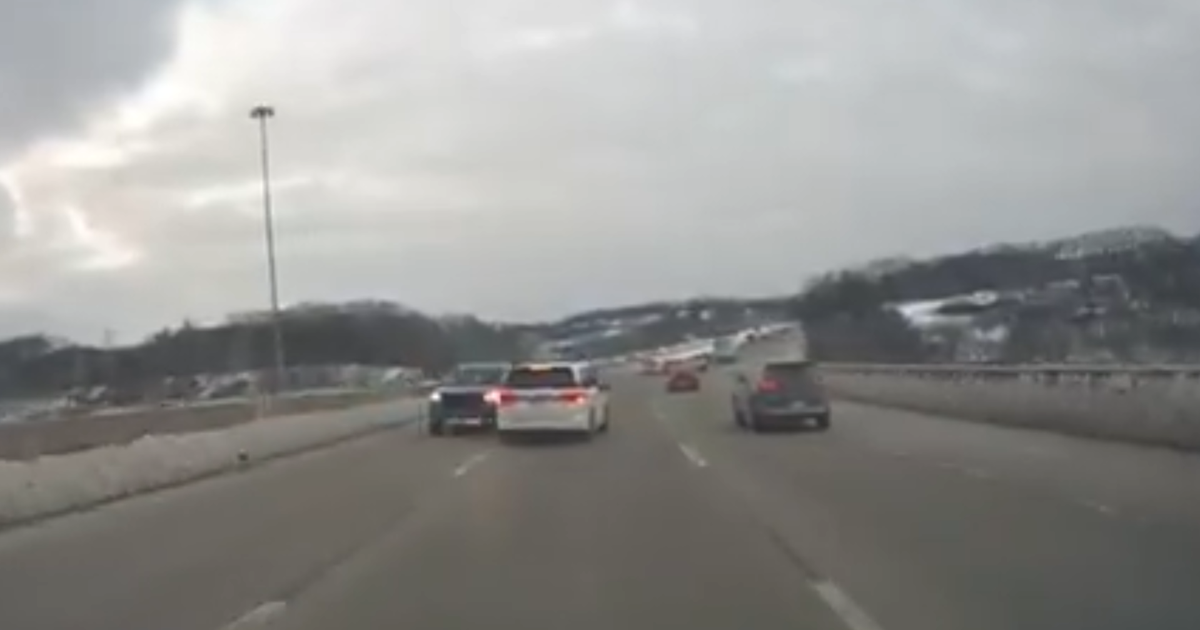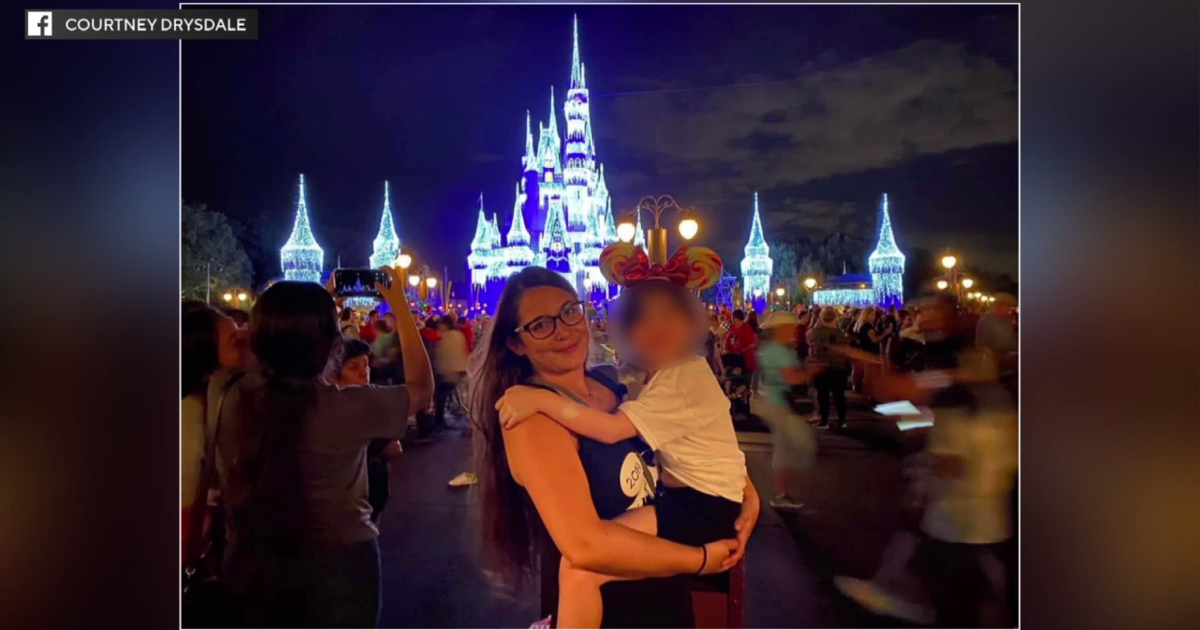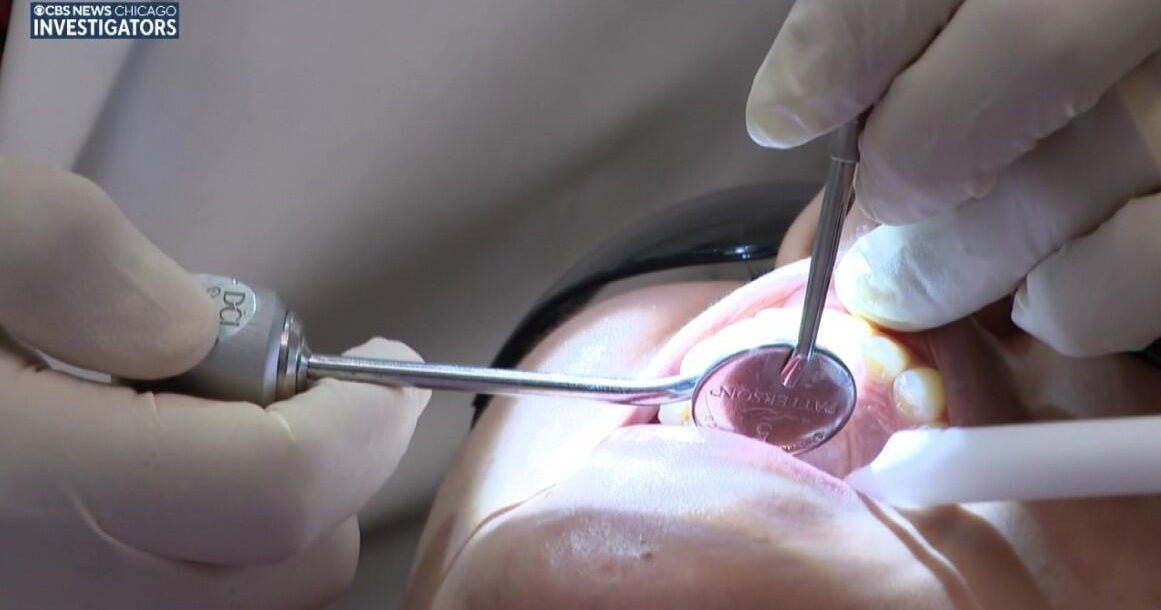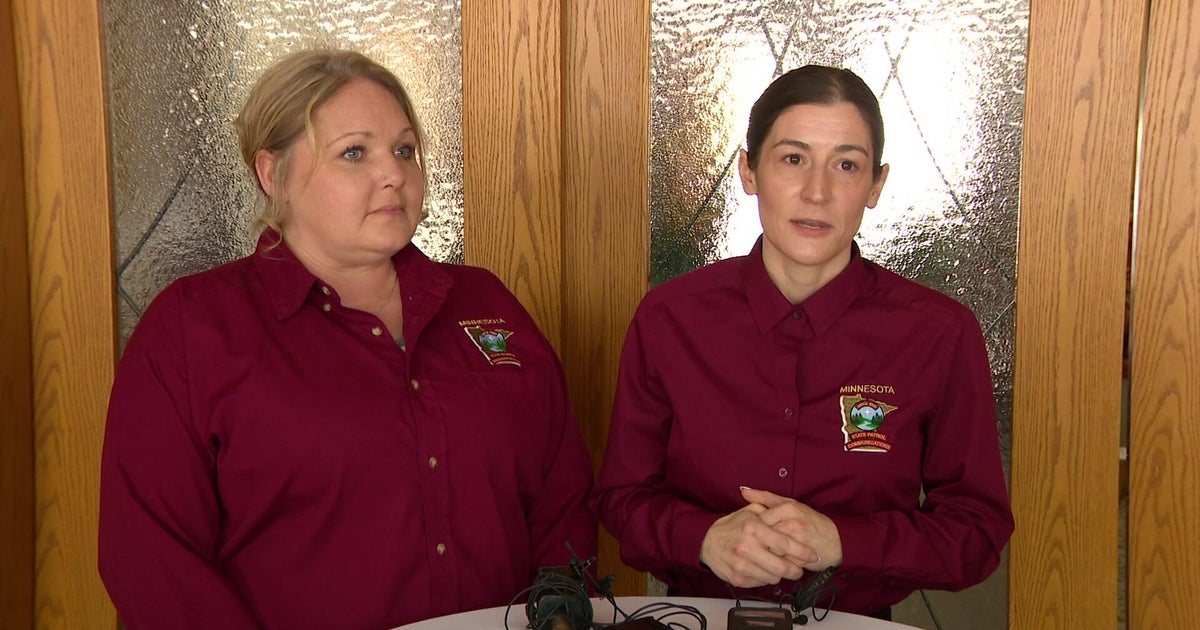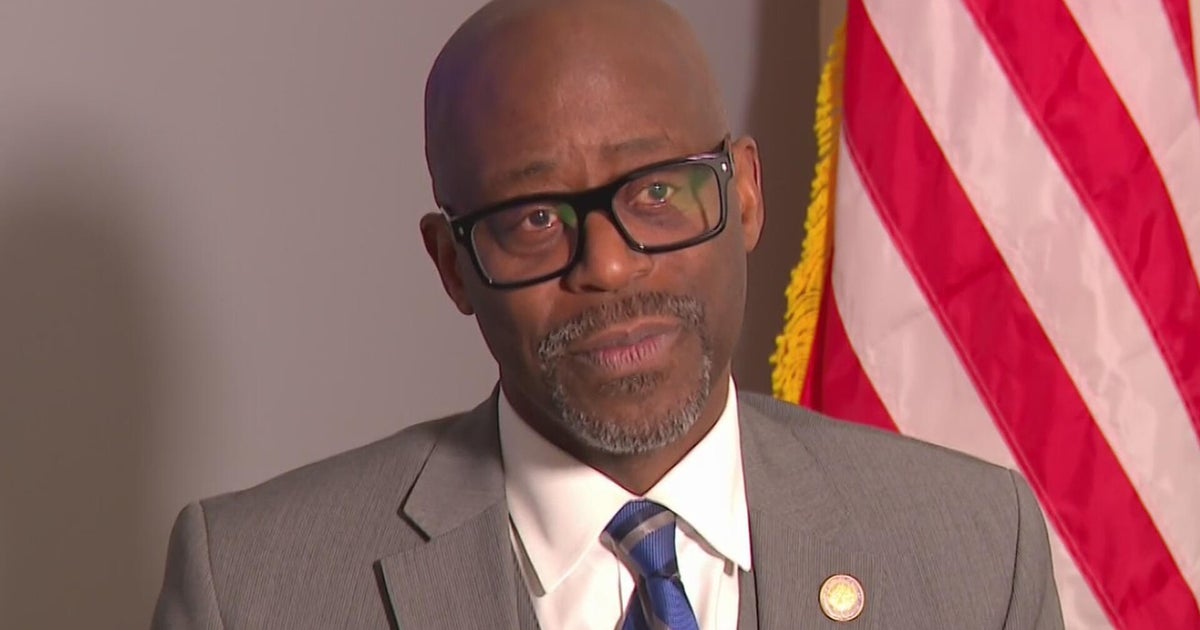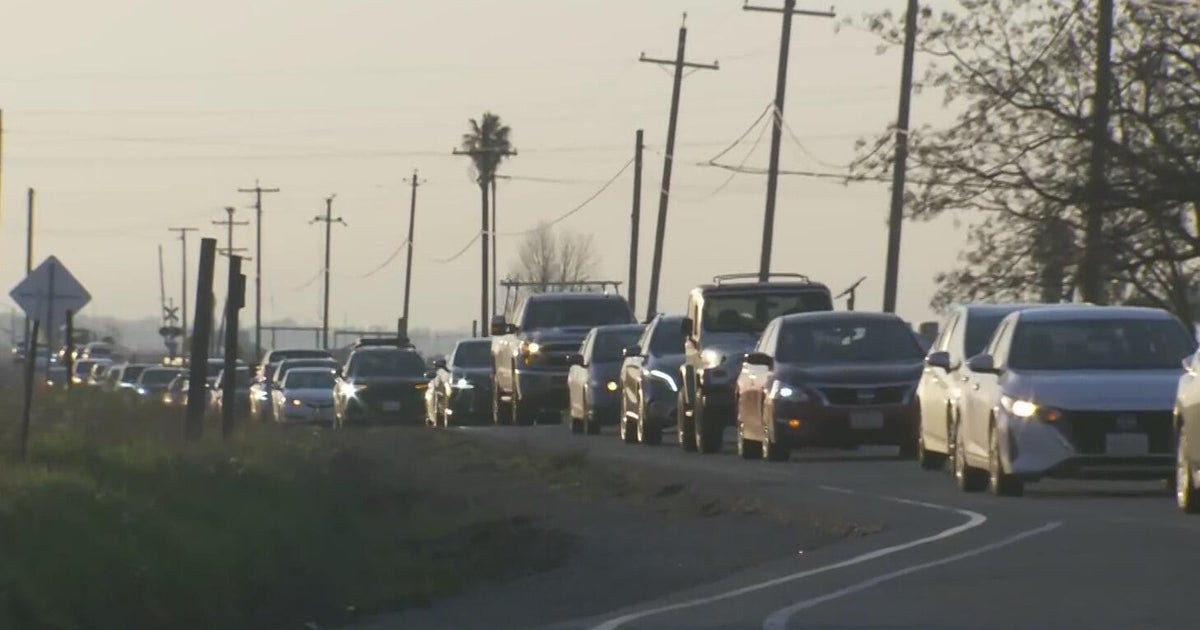Crackdown, New Enforcement Methods Coming For 'Move Over' Law On Illinois Roads
CHICAGO (CBS) -- First responders are getting hit and killed because drivers keep breaking the law – and the director of Illinois State Police has had it.
ISP Director Brendan Kelly sat down with CBS 2's Tara Molina Monday night, describing the changes you'll see on the roads in light of the issue.
There is now a new law in effect that adds teeth to the current "move over" law -- also known as Scott's Law -- changing how drivers who break it are charged and how much they have to pay for it.
"First responders are getting hurt and first responders are getting killed," Kelly said, "and they're just out there doing their job."
Three state troopers have been killed just this year – Trooper Christopher Lambert, Trooper Brooke Jones-Story, and Trooper Gerald Wayne Ellis.
Kelly said state police haven't lost three troopers in a year since 1953.
"They've issued over 750 percent more Scott's Law violations since the beginning of this year compared to last year," Kelly said.
That number that is expected to grow, with more troopers on the road enforcing the law – some in ways you don't expect, and may not see.
"We're also seeing some very creative things, like our troopers getting in with semi-truck drivers, being able to see from high up, seeing people that are on their phones and being able to document that, take photos of it, take videos of it, to prove it," Kelly said.
Such violations got more serious last week, with Gov. J.B. Pritzker signing a bill that adds teeth to the current law.
Drivers can be charged with a misdemeanor, punishable by up to a year in jail, if the violation results in damage to another vehicle; and a felony punishable by up to 3 years in prison if a person is hurt or killed.
Fines went up too. The minimum fine for a first time violation is $250 and $750 for a second.
It also adds a $250 fee to any violation to pay for driver education materials.
"Enforcement and education go hand in hand," Kelly said. "We have to do both."
The new law also created a statewide "move over" task force that's at work to find new creative ways to enforce the law and protect first responders- we will follow-up with them on that.
